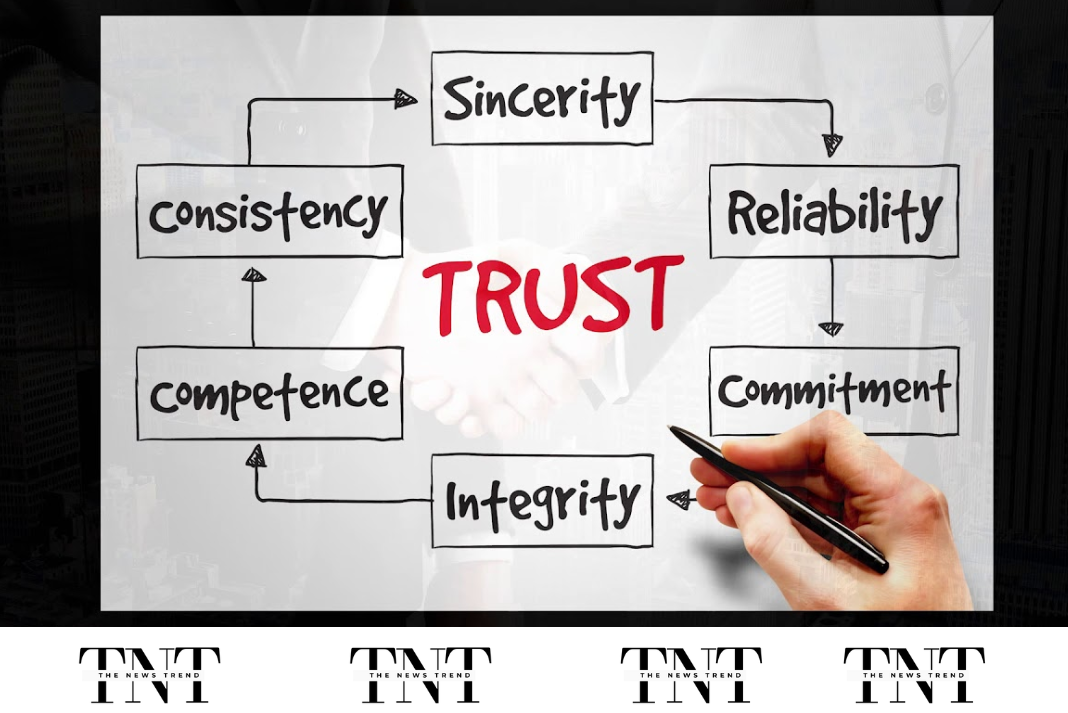Introduction: The Silent Takeover of Democratic Institutions
In 2025, democracy faces an existential threat not from foreign adversaries, but from within: corporate lobbying. What began as a tool for businesses to voice concerns has morphed into a $4.3 billion-a-year industry that skews legislation, entrenches inequality, and erodes public trust. This article explores how lobbying has reshaped governance, sidelining citizen interests in favor of corporate profits, and what can be done to reclaim democratic integrity.
The Evolution of Corporate Lobbying: From Reactive to Dominant Force
The 1970s Turning Point
Before the 1970s, corporate lobbying was sparse and uncoordinated. Companies viewed the government as a threat, not a partner. This changed with the rise of regulatory reforms and labor activism. The formation of the Business Roundtable in 1972 marked a strategic shift, as CEOs like Alcoa’s John Harper declared, “We must stop talking and get busy”. Corporations began hiring lobbyists to dismantle regulations, lower taxes, and weaken labor laws—a campaign that succeeded spectacularly. By the 1980s, corporate influence had become institutionalized, with lobbying budgets surpassing congressional funding.
From Defense to Offense
Modern lobbying is no longer about keeping the government at bay. Instead, corporations seek to co-opt policymaking. For example, pharmaceutical giants reversed their opposition to Medicare Part D in the 2000s, crafting a $205 billion program that barred bulk drug purchasing—securing massive profits. Today, 95% of top lobbying spenders represent corporate interests, outspending labor and public-interest groups 34-to-1.
Mechanisms of Influence: How Lobbying Distorts Democracy
1. Financial Firepower
Lobbying expenditures have skyrocketed, reaching $4.3 billion in 2024 alone. Corporations deploy armies of lobbyists—some firms employ over 100—to sway legislation through:
- Campaign Donations: Funding politicians who align with their agendas.
- Revolving Door Tactics: Hiring former officials to exploit insider connections.
- Dark Money: Channeling untraceable funds into Super PACs, as seen post-Citizens United.
2. Information Control
Lobbyists shape policy debates by flooding legislators with biased research. For instance, fossil fuel companies have historically downplayed climate science, delaying environmental reforms. Tech giants like Meta and Google lobby against antitrust laws, framing regulation as harmful to innovation.
3. Regulatory Capture
Industries often draft the laws meant to regulate them. In the 1980s, insurance firms lobbied states to redefine “insurable interest,” allowing them to profit from secret employee policies. Similarly, banks influenced post-2008 reforms, weakening consumer protections.
Consequences: A Democracy in Peril
1. Policy Capture
Corporate priorities dominate legislation:
- Healthcare: Drug prices rose 50% since 2010, with 1 in 4 diabetics rationing insulin due to pharma lobbying.
- Environment: Weak emissions rules persist as fossil fuel lobbyists block renewable incentives.
- Labor: Union power has eroded, with minimum wage hikes repeatedly stalled.
2. Inequality Amplification
The top 0.5% of donors—mega-donors like Michael Bloomberg—fund 80% of federal campaigns, drowning out ordinary voters. Tax policies favoring the wealthy, crafted through lobbying, have widened the wealth gap: the top 1% now own 38% of U.S. wealth.
3. Erosion of Public Trust
70% of Americans believe lobbying harms democracy. Scandals like Cambridge Analytica’s data manipulation—used to sway elections via micro targeted ads—highlight how corporate interests exploit democratic systems.
Case Studies: Lobbying’s Grip in Action
1. The Opioid Crisis
Pharmaceutical lobbyists pressured the FDA to approve OxyContin despite addiction risks. Purdue Pharma spent $1.4 million lobbying in 2020 alone, delaying accountability as overdose deaths surged.
2. Tech Monopolies
Amazon and Google spent $38 million in 2024 to stifle antitrust bills. Their lobbying ensured laws like the American Innovation and Choice Online Act remained toothless.
3. EU Corporate Influence
In the European Union, economic lobbies dominate policy phases requiring legislative access, while grassroots groups struggle to be heard. This mirrors the U.S., where corporate funds drown out public advocacy.
Legal Frameworks: Loopholes and Failures
Citizens United and Dark Money
The 2010 Supreme Court ruling allowed unlimited corporate election spending, framing it as “free speech”. Dark money groups like the NRA and Americans for Prosperity now spend billions anonymously, distorting electoral outcomes.
Weak Transparency Laws
While lobbyists must register, disclosures are often incomplete. For example, only 60% of EU lobbyists comply with transparency rules, obscuring corporate influence.
Reclaiming Democracy: Pathways to Reform
1. Ban Corporate Lobbying
Advocates propose prohibiting corporate campaign donations and closing the revolving door between government and lobbying firms.
2. Public Campaign Financing
Replace private donations with public funds to reduce dependency on corporate cash. Maine and Arizona clean election systems show this can work.
3. Strengthen Transparency
Mandate real-time disclosure of lobbying meetings and expenditures. The EU Transparency Register, though flawed, offers a model.
4. Grassroots Mobilization
Movements like Black Lives Matter demonstrate public pressure can force accountability. Supporting citizen-led initiatives balances corporate power.
5. Global Cooperation
The EU’s lobbying regulations, while imperfect, highlight the need for international standards to curb cross-border corporate influence.
Conclusion: A Call to Action
Corporate lobbying has turned democracy into a pay-to-play system, but the 2020s offer a window for reform. From banning dark money to empowering grassroots movements, solutions exist. As Lee Drutman notes, “The world does not need to look as it does today”. Reclaiming democracy requires vigilance, legislation, and public solidarity. The stakes? Nothing less than the future of self-governance.



